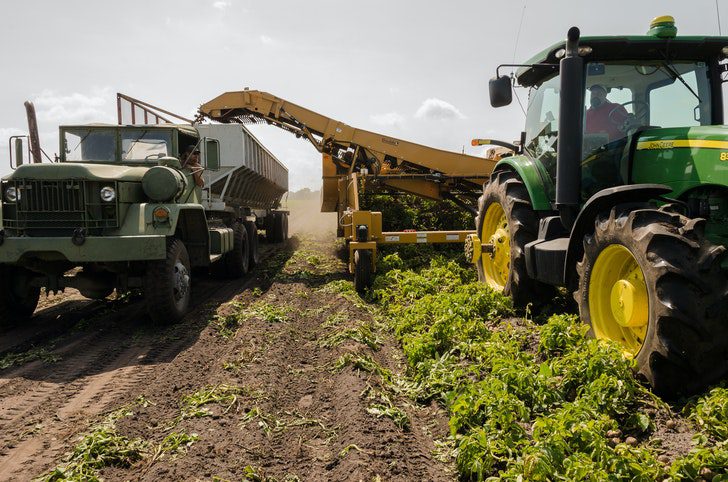Agriculture has taken a noticeable place in any country’s economy. The demand for agricultural products will always increase as food is the main ingredient of man. As a result, as an enthusiastic entrepreneur, you can start an agriculture business to become wealthy.
Farmers must grow their businesses while constantly battling declining profit margins, industry incumbents with vastly more market power, and the daily roller coaster of commodity prices and weather. In many ways, farmers are the ultimate entrepreneurs, constantly innovating, growing businesses by themselves, and taking full responsibility for all aspects of product delivery. Entrepreneurs could learn a lot from America’s farmers.
Today’s young food and agricultural entrepreneurs are developing innovative ways to revolutionize the entire food chain. They are at the forefront of reducing food loss and waste, increasing crop yields, improving market access, developing novel technologies, and increasing urban and sustainable farming practices across the globe. They come from diverse backgrounds, with unique insights, perspectives, and approaches to tackling global food system challenges. Here’s how you can incorporate these lessons and ideas into your farming startup.

Quang Nguyen Vinh/ Pexels | Agriculture is the single largest employer in the world
Expect the best, prepare for the worst
This may be a generic tip for most risky things, but it applies perfectly well to young entrepreneurs. If one has yet to determine the specifics of a venture like your production history or the right strategy for boosting productivity, it is more prudent to expect a few lows before you can begin to dream about the highs.
For example, it is fairly common for new businesses to put up red numbers for a few months before profits begin to turn. This can be alarming for young entrepreneurs, and the best advice that can only be given is to expect these lows, be prepared for them, not panic, and work hard at it before profits can be made.
Develop a business plan

Mark Stebnicki/ Pexels | There are 914 million acres of farmland just in the U.S
In order to develop your business idea, you first need to analyze all possible angles. For example, you can plan to sell your agricultural products starting at a small scale and to consider the three primary functions of a business: operations, marketing, and finance. Writing down your plan for each of these areas will help you to think critically and identify weaknesses.
A farm operations plan should describe your production system, including all inputs, outputs, and processes for transforming inputs into outputs. Identify your primary input suppliers to demonstrate that a supply chain exists to support your production system. Consider transportation and storage needs. Educate yourself about local, state, and federal regulations that may affect your business, and discuss what steps you will take to comply.
Focus on what you can control

Nataliya Vaitkevich/ Pexels | Farmers need to produce 70% more food than today to feed the world’s growing population by 2050
Being an entrepreneur, especially a farmer, means you must have the inherent trait of being nimble. Sure, you have to put in the proper amount of time planning, but you must also equip yourself for the likelihood that Plan A might change. Farmers can’t control the weather or markets. Instead, they can focus on raising a good crop, finding new markets, building soil health, and managing their costs, all of which mitigate their risk exposure.
Entrepreneurs must be ruthless about where they spend their time; you can create value in the areas you can affect directly. Placing focus on what you can control and how you react to those changes is what matters the most in the entrepreneurial journey.










